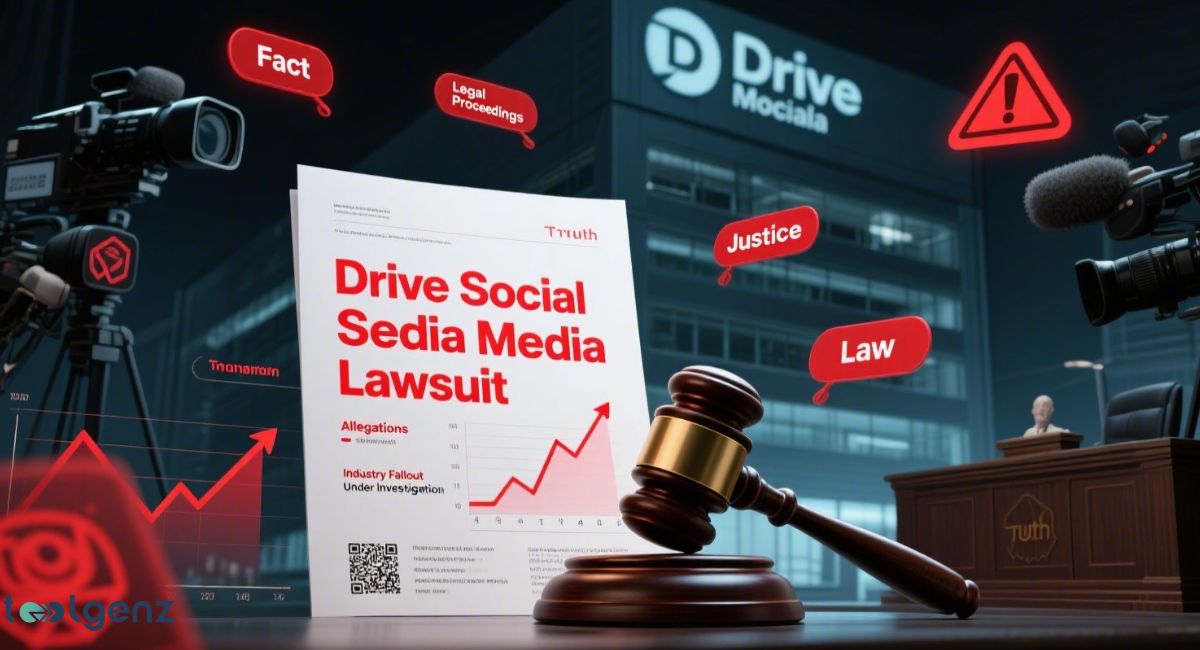The Drive Social Media Lawsuit has become a major topic in the digital marketing world, raising questions about trust, transparency, and accountability in agency-client relationships.
As a popular social media marketing agency, Drive Social Media once promised business growth and high returns through targeted online campaigns.
But recent claims of false advertising, breach of contract, and unethical marketing practices have raised serious concerns. What began as a few client complaints quickly turned into a high-profile legal case.
This article breaks down the full story—who’s involved, what the facts are, and how it impacts businesses across the U.S. Discover the truth behind the allegations, the lawsuit’s outcome, and the lessons every brand should learn from this controversy.
As more details unfold, it’s clear this case could reshape the way agencies operate and how businesses select their marketing partners.
Stay informed to avoid costly mistakes and make smarter, more ethical choices in the fast-changing digital space.
Table of Contents
Drive Social Media Lawsuit Explained is a hot topic in the world of digital marketing. This article breaks down every detail you need to know.
We’ll explore Who filed the lawsuit and why?, the Legal side of social media marketing, and the Impact on businesses & clients. Use this guide to understand the real story behind the case.
Whether you’re a business owner, marketer, or agency client, this guide will help you avoid common pitfalls.
Gain insights that can protect your brand and shape smarter digital marketing decisions going forward.
What is Drive Social Media?
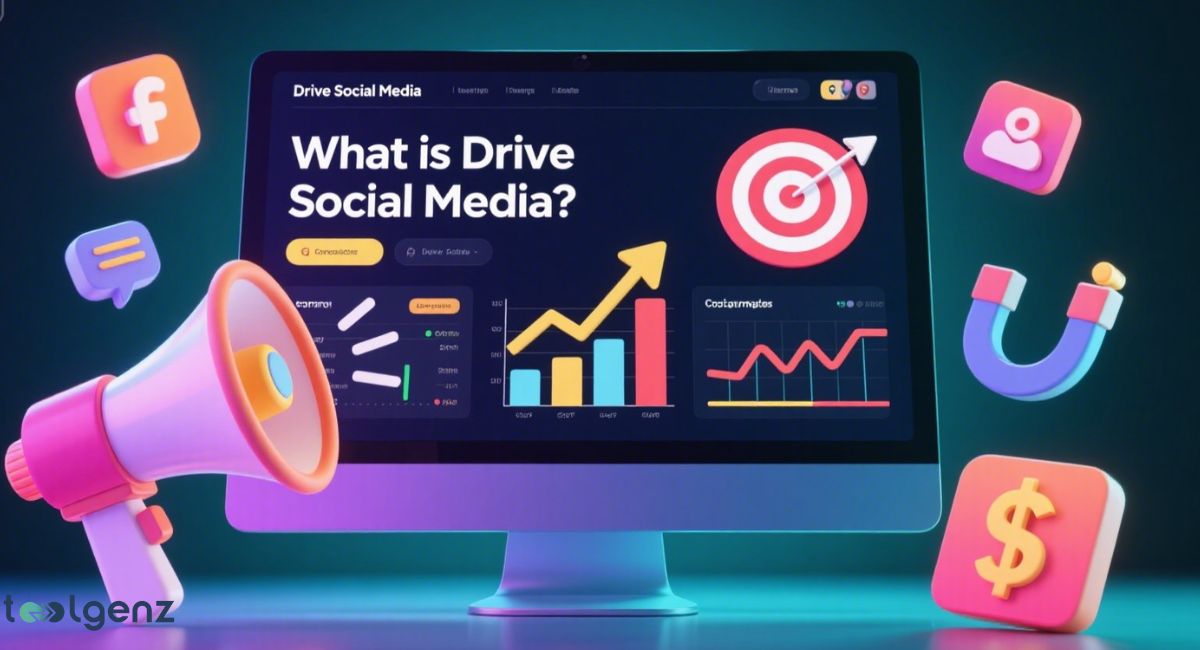
Drive Social Media is a social media marketing agency based in the USA. They help businesses with online marketing, ads, and brand growth.
Many companies trusted them to build their presence online and reach more customers through targeted ad campaigns.
Over the years, the company grew quickly. They gained attention by offering performance-based marketing solutions. But behind the growth were problems.
Some clients started sharing Drive Social Media reviews that raised red flags. These complaints questioned their promises, delivery, and results.
As more concerns surfaced, doubts began to grow about the agency’s actual performance.
This growing wave of criticism eventually became the foundation for the Drive Social Media lawsuit, now making headlines across the industry.
These concerns laid the foundation for the Drive Social Media Lawsuit, which now serves as a case study in marketing ethics.
Drive Social Media Lawsuit Explained
The Drive Social Media legal case began when multiple clients accused the agency of not keeping its promises.
This Social media lawsuit explained a range of issues including missed targets, poor campaign results, and misleading reports. Many claimed they paid for high returns but received almost nothing.
This led to a class action lawsuit, where several businesses joined together to take legal action. They believed the company used misleading digital campaigns to win contracts.
Clients reported marketing campaign failure and a lack of clear results. The lawsuit caught national attention as people asked: how could such a trusted agency fall into this much trouble?
As investigations continued, more businesses came forward with similar experiences.
The case not only questioned the agency’s practices but also highlighted the need for stronger transparency in advertising across the entire digital marketing industry.
The False Allegations Against Drive Social Media
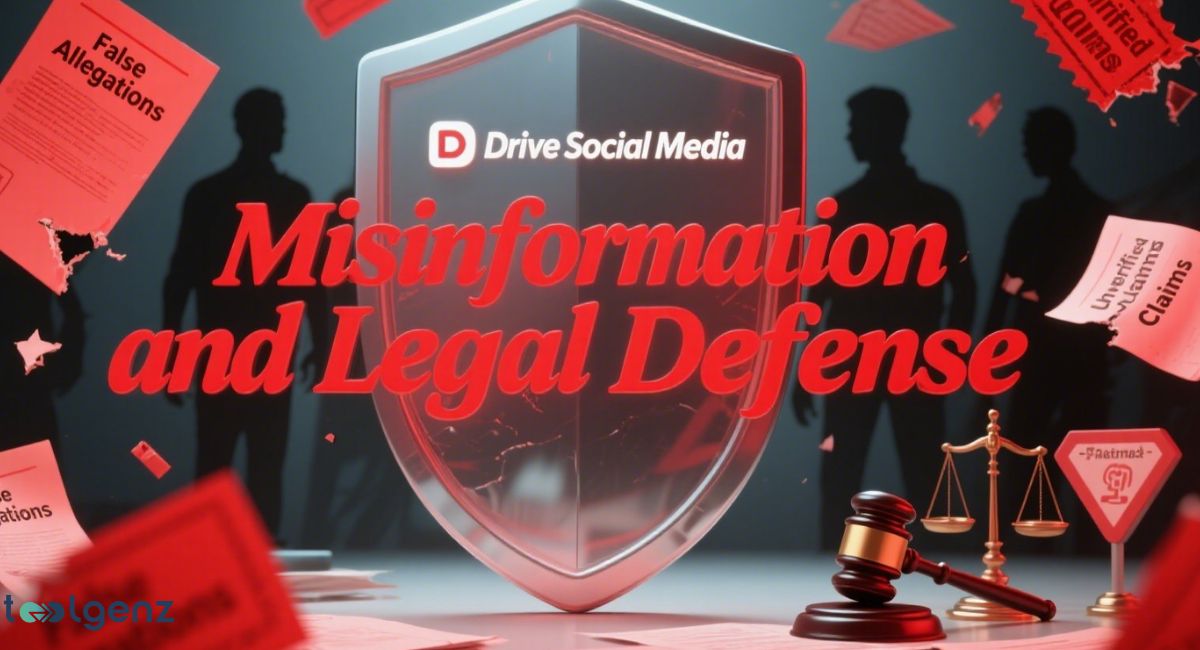
Several companies accused Drive of false advertising claims and unethical marketing practices. They believed the agency made promises it couldn’t keep.
Some clients even raised pyramid scheme concerns, claiming the agency focused more on getting new clients than on helping existing ones succeed.
The complaints included defamation in online marketing, lies about ad performance, and breach of contract. Many said they felt tricked by reports that showed good numbers but no real customer growth.
The case grew as more businesses claimed they had lost money due to long-term contracts in marketing with no way out.
As the pressure mounted, questions about digital marketing accountability and consumer trust in digital marketing began to take center stage.
The lawsuit has become a powerful example of how marketing agency legal issues can damage both reputations and client-agency relationships.
Drive Social Media’s Response and Legal Actions
As the Drive Social Media Lawsuit gained traction, the agency was forced to issue a public response and take legal action. The company denied the claims.
In its official statement, Drive said it provided tools for clients to track ad performance and results.
They explained that success in marketing takes time, testing, and refining. They also stated they give clients full access to real-time dashboards.
To defend itself, the company hired lawyers and submitted evidence to fight the lawsuit. The Drive Social Media legal case turned into a battle over data and trust.
The company argued that consumer trust in digital marketing needs to be based on realistic expectations, not overnight results.
Drive emphasized that transparency in advertising was central to their approach and warned that the spread of false claims damaged their online reputation management efforts.
Their legal team highlighted the dangers of SEO manipulation tactics, which can mislead the public and fuel unnecessary legal disputes.
Why the Fake Lawsuit Gained Traction
One reason this case spread fast was SEO manipulation tactics. Blogs and forums used the keyword “Drive Social Media lawsuit” to attract attention.
These articles ranked high in Google, even without hard proof. That created a wave of panic and confusion. Another reason was emotion. Angry clients shared their stories, while others just repeated what they heard.
People love scandal, especially in the business world. Suddenly, the agency faced backlash even from those who had no direct link to the case.
This combination of viral headlines and emotional reactions fueled the controversy. It also raised questions about defamation in online marketing and how quickly misinformation can damage a company’s image, even before facts are confirmed.
Despite the lack of verified proof in some claims, the Drive Social Media Lawsuit quickly went viral due to SEO manipulation and emotional reactions.
Lawsuit Outcome and Current Status
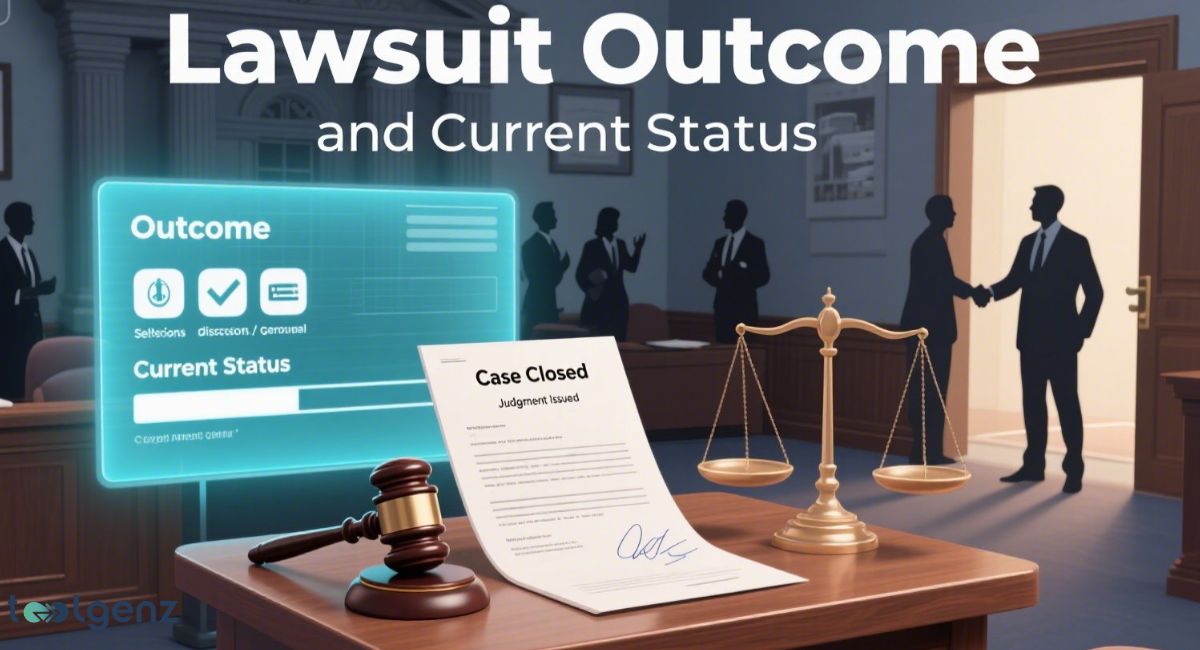
In court, the business litigation in social media case had to go through evidence review.
Drive provided reports, emails, and client records to prove they followed the terms. The judge reviewed the complaints and the responses from both sides.
After months of hearings, the case ended in favor of Drive Social Media.
Most false advertising in digital media claims were dismissed. The court said the clients didn’t have strong enough proof to show they were misled or tricked by the agency.
This outcome brought relief to Drive but also sparked fresh debates about digital marketing accountability.
While the lawsuit ended legally, it left a lasting mark on the industry, pushing many agencies to rethink how they handle client expectations and results tracking.
Impact on Clients and Businesses
The lawsuit created fear and doubt among business owners. Many started to question their own client-agency relationships. They feared they might also be victims of unethical marketing practices without realizing it.
Companies that depend on marketing agencies now want more control and data. They want honest results, not fancy reports. This case forced many to recheck contracts, review ad spending, and improve online reputation management.
As a result, businesses are now more cautious when signing long-term contracts in marketing.
The case served as a wake-up call, reminding everyone that clear communication, measurable outcomes, and digital transparency are essential in any professional partnership.
Industry-Wide Implications of the Drive Lawsuit
This lawsuit made the whole marketing world take a step back. It reminded agencies to keep their promises and show real results.
The case also highlighted the need for transparency in advertising. As a result, the industry may see more rules and checks. Future Drive Social Media reviews might focus more on ethics, clarity, and long-term success.
Agencies must now prove that they care about digital marketing accountability, not just profit.
This shift is likely to push agencies to adopt better reporting tools, more open communication, and stronger contract terms.
The goal is to rebuild consumer trust in digital marketing by ensuring clients know exactly what they’re paying for—and what results to expect.
Social Media Lawsuits: Common Legal Issues to Know
Types of social media lawsuits often fall into these categories:
| Legal Issue | Description |
| Defamation lawsuits | Posting false content that harms someone’s reputation |
| Copyright infringement | Using copyrighted images or videos without permission |
| Privacy violations | Sharing private content without approval |
| Harassment and cyberbullying | Online abuse through messages, posts, or threats |
| False advertising in digital media | Making claims about a product or service that are untrue |
These legal problems can ruin businesses and personal brands if not handled carefully.
How to Avoid Legal Trouble in Social Media
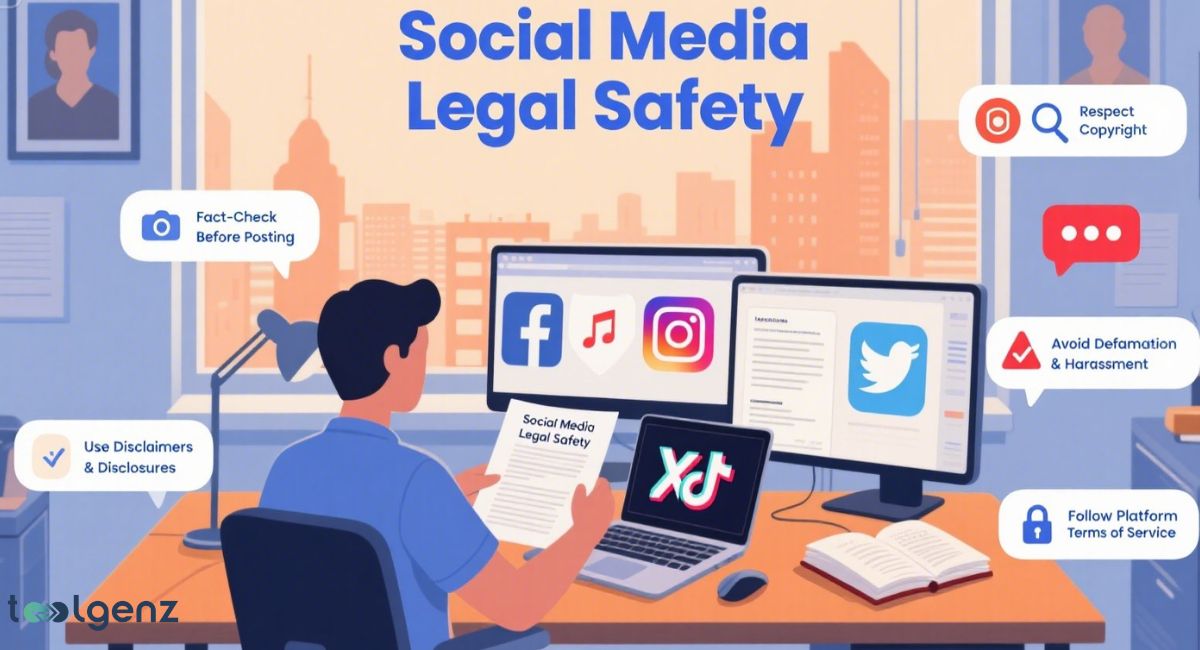
It’s important to know How to avoid a social media lawsuit. Always use original content.
If you need to use someone else’s work, get written permission. Be honest about results and don’t hide facts from clients.
Also, have clear contracts. Explain goals, expected results, and timelines—especially when using secure digital signature tools to finalize agreements online.
This helps avoid marketing agency legal issues and keeps everyone on the same page. Don’t forget to stay updated on laws and platform rules.
Simple steps like documenting communication, using secure platforms, and reviewing campaign performance regularly can make a big difference.
These actions help protect your business from claims like breach of contract or false advertising in digital media.
Key Takeaways and Final Thoughts
This case is a Final thought on digital accountability. It shows how fast a Drive Social Media lawsuit can spread, even when false. Agencies must be honest, transparent, and realistic with clients.
The Drive Social Media Lawsuit is a reminder of what can happen when expectations, ethics, and performance don’t align in the marketing space. For businesses, this is a call to action.
Don’t ignore red flags. Check agency reviews, ask questions, and demand real proof. This case has changed how we see Problems with social media campaigns, and the lessons will last for years.
As the industry evolves, both agencies and clients must take responsibility for ethical conduct.
Trust is built through clear communication, fair practices, and results that match what’s promised—not just in reports, but in real-world outcomes.
FAQS
Who owns Drive Social Media?
Drive Social Media was founded and is led by CEO Josh Sample, who established the agency in 2012 and has grown it to multiple locations and $35 million+ in annual revenue.
Is the social media addiction lawsuit real?
Yes, there are active social media addiction lawsuits in the U.S, including multidistrict litigation against platforms like Meta and TikTok, alleging addictive algorithm design and harm to youth (lawsuit-information-center.com).
What evidence is needed to win a social media lawsuit?
Plaintiffs typically must show extensive usage logs, medical records linking social media to harm, expert testimony on addiction or algorithmic design, and proof of negligence .
What social media platforms are being sued?
Major platforms being sued include Facebook, Instagram, TikTok, Snapchat, YouTube, and Discord.
What is the annual revenue of Drive Social Media?
Drive Social Media’s annual revenue is estimated at approximately $35 million as of mid‑2025.


